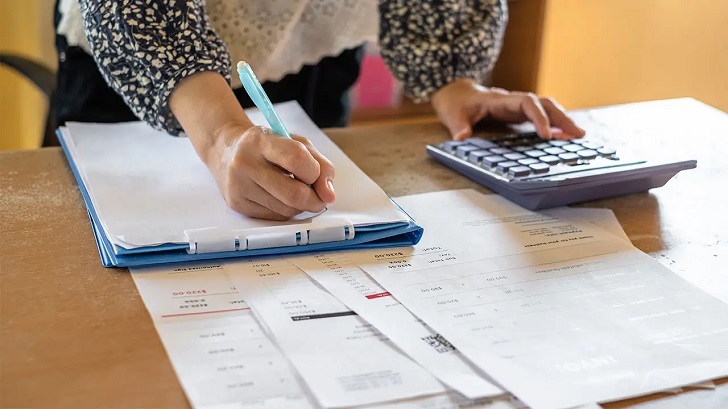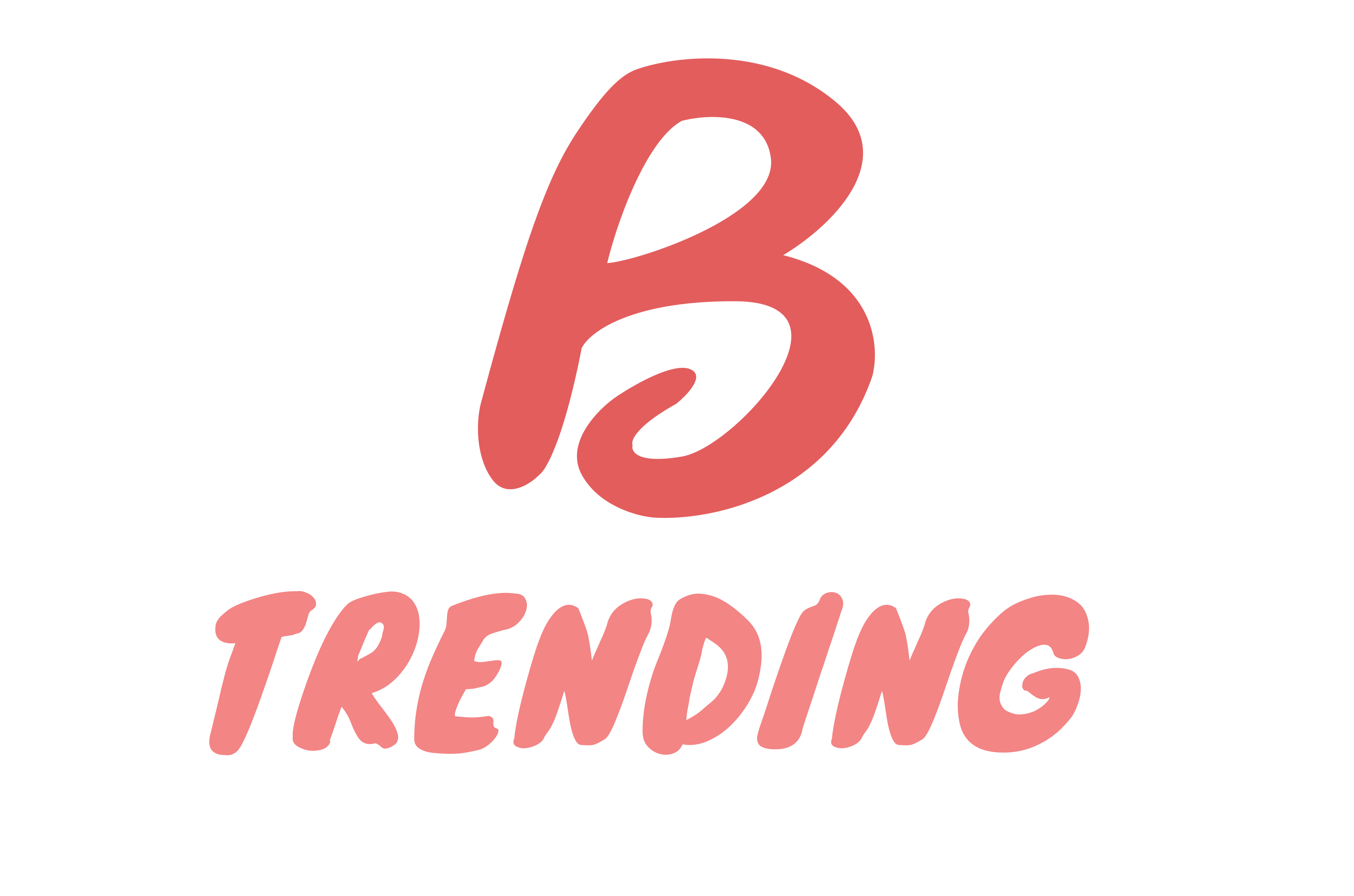Debt consolidation combines several debts into one payment, usually high-interest debt like credit card bills. If you can find a cheaper interest rate, debt consolidation can be a suitable option. This will enable you to consolidate and rearrange your debt in order to pay it off more quickly.
Debt consolidation is a sensible strategy you can take on yourself if you're dealing with a reasonable debt and want to reorganize several bills with varied interest rates, payments, and due dates.
How debt consolidation works

Mia Taylor/ Bankrate | Debt consolidation refers to the act of taking out a new loan
Deploying new money to settle previous debts is known as debt consolidation. If you have several distinct types of debt, you can apply for a loan to combine them into one obligation and repay it all at once. The new debt is then subject to payments until it is fully repaid.
A lower interest rate from debt consolidation may lower the total cost of your loan. In order to make paying your payments easier, it may also cut your monthly payment amount. Last but not least, some people combine debt to pay just one lender rather than several lenders to simplify their bills. You can probably pay off your debt more quickly if you don’t take on any new debt.
There are various methods to convert old debt into new debt, including a new personal loan, credit card, or home equity loan. The new loan is then used to pay off your previous ones. You can transfer your credit card balance from your original card to your new one if, for instance, you are using a new credit card to consolidate debt from another credit card.
Benefits of debt consolidation

Getty/ Forbes | It can be easy to fall into debt, especially if you tend to overspend or you have no choice but to pay for necessities with a credit card
Faster debt repayment
If you have a lot of credit card debt, getting a debt consolidation loan may put you on a speedier path to final repayment. A balance on a credit card can be paid off at any moment, but a consolidation loan has defined monthly payments and a distinct beginning and finish.
Improve credit score
Your credit score can temporarily decline as a result of applying for a new loan due to the hard credit investigation. But debt consolidation also has a variety of other benefits that can raise your rating. Paying off revolving credit, such as credit cards, for instance, can lower the credit usage rate that's displayed on your credit report. Your utilization rate should ideally be around 30%, and responsible debt consolidation can assist you in reaching that goal. You can also raise your score over time by consistently making on-time payments and, eventually, repaying the debt.
Drawbacks of debt consolidation

JGI/ Jamie Grill | Debt consolidation can come with fees
It may come with added costs.
The cost of obtaining a debt consolidation loan may include origination, balance transfer, closing, and annual fees. Before signing on the signed line with a lender, comprehend the actual cost of any debt consolidation loan.
Doesn’t solve underlying financial issues
Debt consolidation can make payments easier, but it won't change any ingrained financial practices that contributed to the debts in the first place. In reality, many debtors who employ debt consolidation wind up with higher debt levels since they didn't control their expenditures and kept accruing debt. Therefore, if you're considering debt consolidation to pay off several credit cards at their maximum limit, start by establishing sound money management practises.





